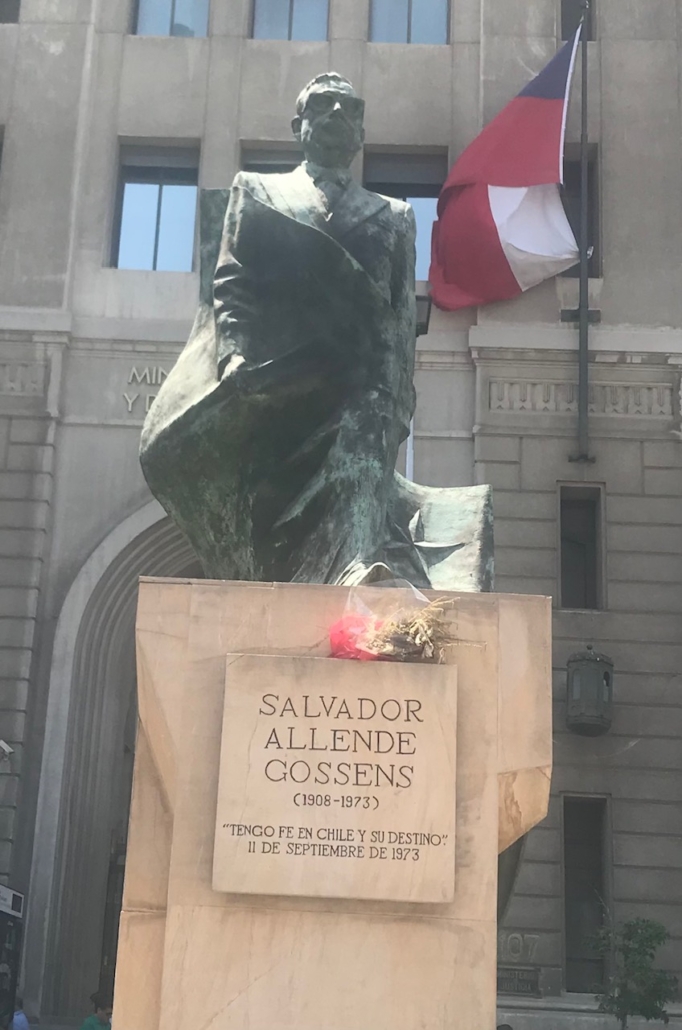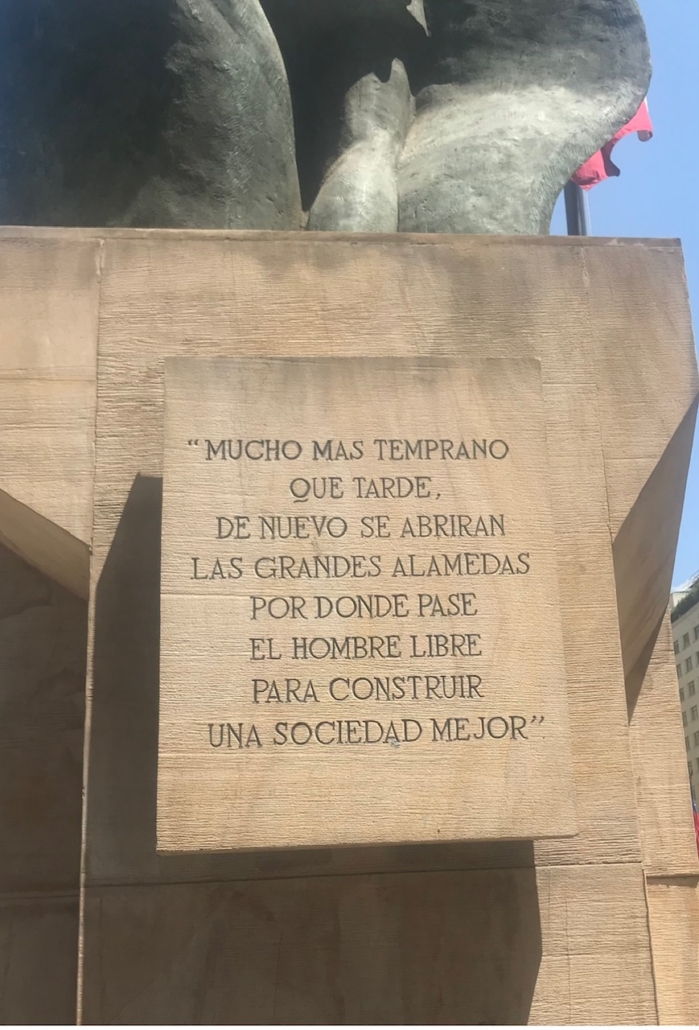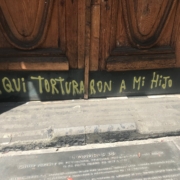Are Salvador Allende’s Last Words Finally Coming True?
On the morning of Tuesday, September 11, 1973, Chile’s democratically elected president Salvador Allende Gossens addressed the people of his nation by radio one final time. His country’s rightwing military had launched a coup d’etat that morning and the presidential palace was under attack.
Allende knew his options were limited. The coup’s leaders offered him a chance to surrender, complete with a plane ride for him and his family out of the country. But he was rightfully convinced that the military would shoot down that plane, killing his wife and children.
He wasn’t willing to do that.
He called the left-leaning Radio Magallenes, and spoke to his people in one of the station’s final broadcasts before being shut down by the military. With gunfire and shouting heard in the background, Allende said, in part:
“Placed in a historic transition, I will pay for loyalty to the people with my life. And I say to them that I am certain that the seed which we have planted in the good conscience of thousands and thousands of Chileans will not be shriveled forever.”
He did pay with his life. Within hours of that broadcast, as bombs rained down from overhead jets and soldiers stormed La Moneda, Allende took his own life using a rifle gifted to him by Fidel Castro.
But first, he spoke to his comrades about the opposition:
“They have strength and will be able to dominate us, but social processes can be arrested neither by crime nor force. History is ours, and people make history.”
People make history. Hold on to those words while you read some more:
“Workers of my country, I have faith in Chile and its destiny. Other men will overcome this dark and bitter moment when treason seeks to prevail. Go forward knowing that, sooner rather than later, the great avenues will open again where free men will walk to build a better society.”
Sooner rather than later, the great avenues will open again where free men will walk to build a better society. It was later, actually, not sooner, as the military regime who installed themselves that day would rule with terror for the next seventeen years.


But what Allende predicted in late 1973 seems to finally be happening, right now, nearly fifty years later. Free men – and women – have been walking those great avenues in protest, marching and singing and shouting their demands, for the past 23 months.
This week, the nation will vote whether to approve a newly written constitution to replace the current version that was installed during General Augusto Pinochet’s years of brutal rule.
When protests broke out across the country in October 2019, the underlying issues driving people to the streets were broad – everything from the cost of health care and higher education to the destruction of the natural environment to the extreme inequality between classes. But they eventually coalesced their demands around a single goal: replacing the Pinochet-era constitution which had enshrined the neoliberal economic policies that many Chileans felt got them into this mess to begin with.
Then-President Sebastian Pinera agreed under pressure to hold a national plebiscite to determine whether a new constitution should be written and, if so, by whom. After a Covid-induced delay of six months, Chileans came out in force in October 2020 and overwhelmingly approved drafting a new constitution (by a whopping 78%).
Due to a deep distrust in all public officials, voters also determined (by a slightly more whopping 79%) that the draft should be written by a constituent assembly made up of newly elected representatives who had not previously held public office. All of this has taken place over the past 18 months, with the assemblea officially starting work in July 2021.
The process has not been smooth, as anyone who’s ever done a group project might imagine, with the initial excitement at progress getting bogged down in details. But I am hopeful that when Chileans go to the polls this week, they will approve this new constitution as a step forward, as a promise to future generations of all they deserve, as a recognition of all that past generations have lost.
I believe this could be the moment when Salvador Allende’s promise to his people will finally come full circle, when his dying words will finally come true, long after he may have hoped they would on that fateful morning nearly a half century ago: Free people are walking the avenues of Chile and building a better society.


Leave a Reply
Want to join the discussion?Feel free to contribute!